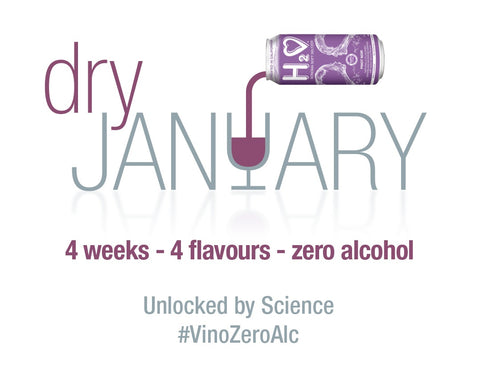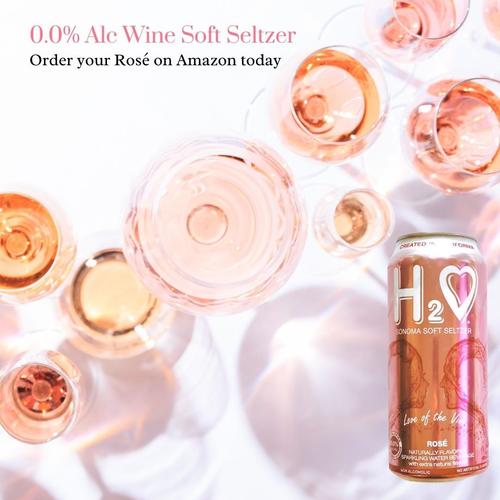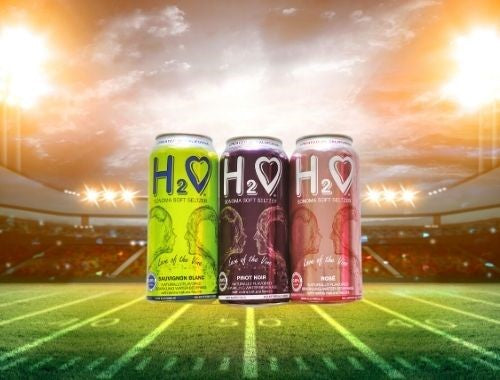
Dry January Benefits
Participants claim that giving up drinking for one month can reverse the negative health impacts of regular drinking, like fatty liver disease and elevated bood sugar. They also champion that not drinking can improve sleep and enhance energy.
Which of the supposed benefits of Dry January really holds up under scrutiny?
Improved sleep
Anecdotally, people often credit alcohol with helping them sleep. However, a review of studies in 2013 found that alcohol may help people fall asleep quicker and sleep more deeply during the initial stages of sleep, but is likely to disrupt sleep later in the night.
You may drink less the rest of the year
Drinking in moderation, which the 2020 Dietary Guidelines For Americans define as no more than one drink per day for women and two for men, isn’t all bad. In fact, it’s associated with a reduced risk of heart disease and death (although the healthiest option remains not drinking at all). Still, taking a month off may help you drink less throughout 2023. In fact, a 2016 study of adults who participated in Dry January found that up to six months later, they were drinking on fewer occasions and drank less when they did imbibe.
That said, not all experts agree with the idea that Dry January is the right approach for moderating your drinking in the long run. “Come February first, you may find that those bad habits aren’t truly broken,” says Volpicelli.
Consistently limiting yourself to one or two drinks per day (the definition of moderate drinking for women and men, respectively) might be a better way to build healthy drinking habits than simply going cold-turkey for a month without any plan for sustainable change.
Your organs will thank you
Your body breaks down alcohol via a number of organs, including your stomach and pancreas, but your liver bears the biggest burden of turning alcohol into less damaging forms.
Constantly living in the sip and repeat cycle may also lead to fatty liver, a silent disease that’s relatively benign in its early stages, although more research is needed to determine the exact mechanisms. (Your liver isn’t the only thing at risk: drinking too much can damage your entire body, including your heart, skin, penis, and muscles.)
Even though fatty liver is common in those who drink at or above the guidelines (“moderate” is defined as no more than two drinks per day for men), there is evidence that it’s reversible when you abstain from alcohol or even drink less, says Rotonya Carr, M.D., hepatologist at the Hospital of the University of Pennsylvania.
With continued drinking, about a third of people with fatty liver go on to develop alcoholic hepatitis, or inflammation of the liver, which eventually leads to scarring and the life-threatening condition of cirrhosis in 10 to 20 percent of people. Even in these advanced stages, research suggests that giving up alcohol can reverse scarring and improve the chance of survival.
“The liver is a very forgiving organ,” adds Dr. Carr, “it can heal itself when the insult, in this case alcohol, goes away.”
So, does Dry January erase all those nights of drinking?
Not quite. It’s going to take more than one month to completely heal your liver and the rest of your body, points out Aaron White, Ph.D., senior scientist at the National Institute of Alcohol Abuse and Alcoholism.
“But taking a month off from drinking is never a bad idea, and is a great time to evaluate your relationship with alcohol,” says White.
Your metabolic health will improve
In a 2018 study, a team studied a group of moderate to heavy drinkers, averaging 2.5 drinks per day, as they quit drinking for a month. Even with no change in diet or exercise levels, several factors improved for the group, including a reduction in blood pressure and insulin resistance, which is important in regulating your blood sugar and a point for diabetes risk. On average, the group lost four and a half pounds, and even had a reduction in cancer-related growth factors.
After following up six to eight months later, a good portion of the group had continued limiting their alcohol intake.
You're less likely to keep drinking
Speaking of limiting alcohol intake, a study published in the Journal of Health Psychology followed up with a group of Dry January achievers about their drinking habits one and six months after finishing. They found that the average amount of drinks participants were consuming weekly decreased significantly, as did the number of days per week they would drink.
Before completing the challenge, participants reported getting drunk nearly 3.4 times per month. Six months after, they reported only 2.1 times per month. Participating in Dry January is very unlikely to result in "rebound effects," the study states.
We invite you to join us in celebrating Dry January 2023. Please enjoy saving 10% this week on our no-alcohol 4-packs of H2o Sonoma Soft Seltzer. Use Promocode: SoberJanuary at our Amazon store.
Please share the love with your friends and family. They will appreciate knowing that our sparkling H2o refreshment is created from pure water infused with sustainably grown, gently dealcoholized premium wine grapes, with an extra boost of antioxidant vitamin C, and magnesium for supreme hydration. No alcohol. No added sugar. No Sulfites. Simply pure goodness.
Remember: Great Wines Don't Need Alcohol!







Leave a comment